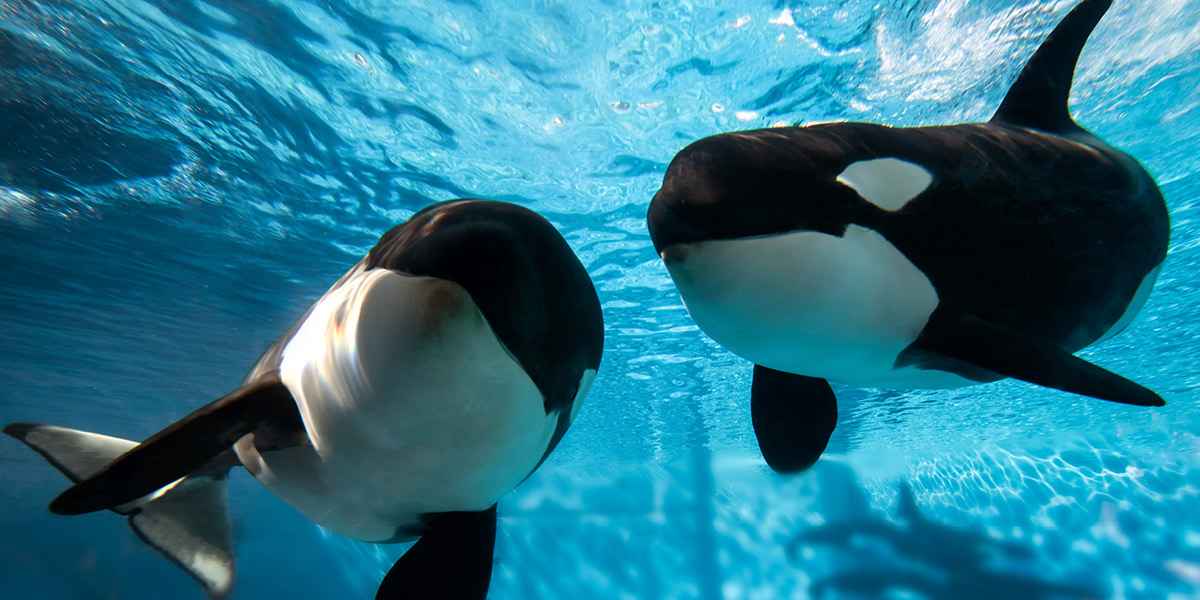Many keepers and aquarists are devastated. Now, it's true that keepers are hardly a monolithic body, and there are plenty that were opposed to the keeping of orcas, but others fear that most infamous of bogeymen, the slippery slope. Today the orcas, tomorrow the elephants, then the polar bears, etc. The fact that SeaWorld announced a partnership with the Humane Society of the United States, one of the leading advocates for an end to orcas in captivity, is troubling to many of these keepers, who feel that their institutions are under attack.
I always advocate vigilance in the face of animal rights groups... but I'm not quite as concerned as many keepers are. For one thing, SeaWorld was a different sort of target than many zoos. Orcas are only housed at a very tiny handful of facilities in the US which meant, among other things, that a tremendous majority of US citizens have never seen one, which makes it easier to support banning them. Also, killer whales have only been in captivity for a relatively short period of time, whereas we've all had centuries or even millenia to get used to the idea or lions, bears, or elephants in captivity. Lastly, the marine set-up required for orcas makes it very difficult to easily and quickly expand an enclosure, while in contrast, many zoos have been able to greatly increase the amount of (land) space they've given to their large (land) mammals.
Unlike many zoos and aquariums, SeaWorld has largely been built around one species. They have orcas, almost no one else does, and they were the star attraction. Zoos, in contrast, can phase out a species or two (all do) and not suffer. I'm sure the activists are hoping that this will be the death blow for SeaWorld... but if it is, what will happen to all of the marine animal rescue work that SeaWorld once did? How many wild animals will have to be euthanized because there were no resources for their rehabilitation?
None of this is to say that I'm happy about what happened at SeaWorld, but I am glad that it happened on (sort of) their terms, rather than a legal ban or a court order. I'm sending positive thoughts to all keepers working at those parks, especially the orca teams. They've taken a beating of being vilified in the press these last few years. I hope that they know how many keepers there are out there, here and around the world, who support them. I hope they know how many lives of visitors they have touched.

No comments:
Post a Comment